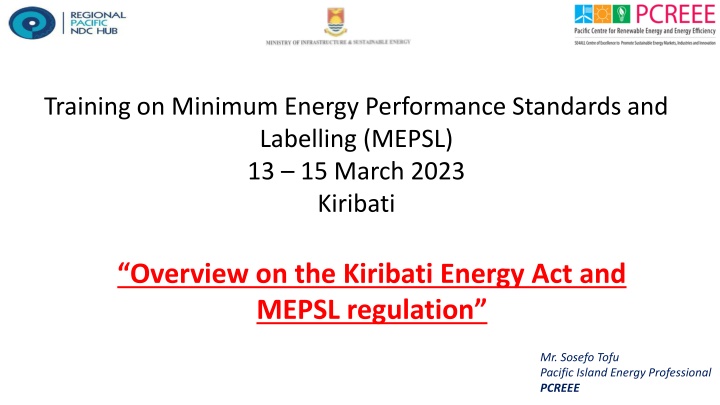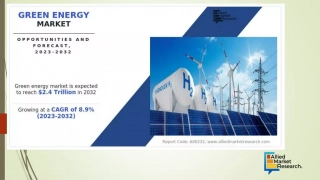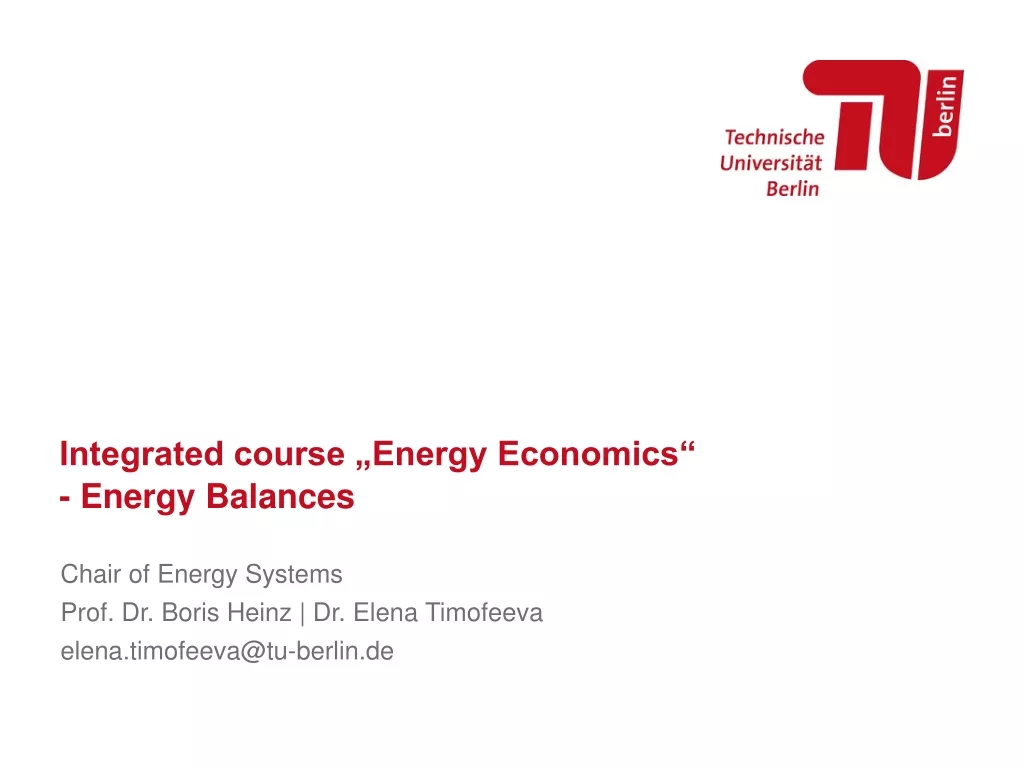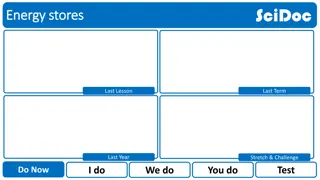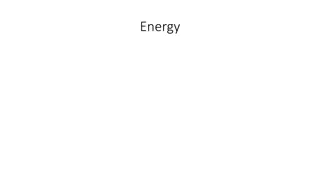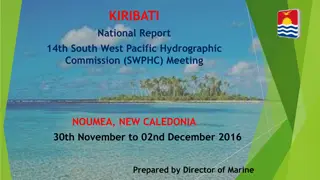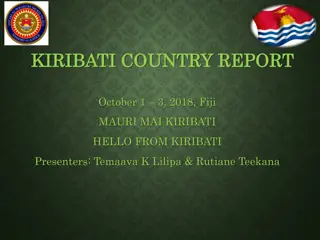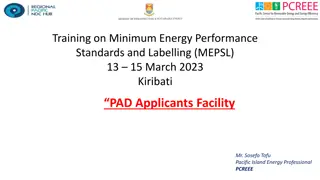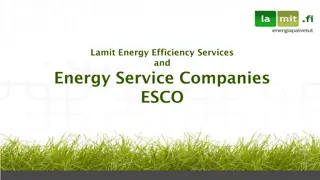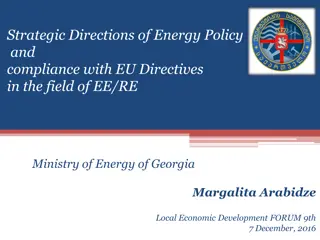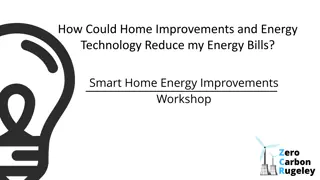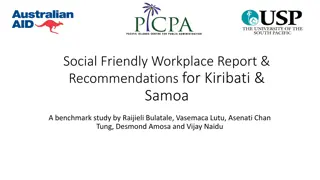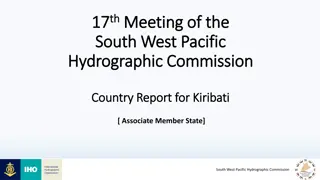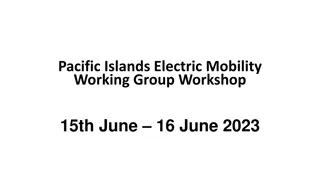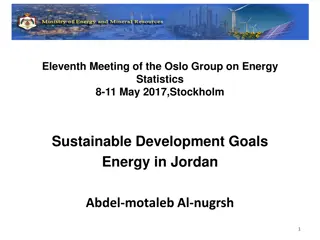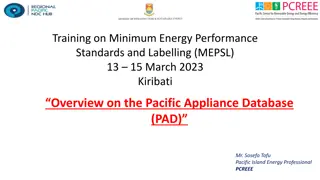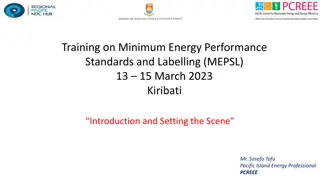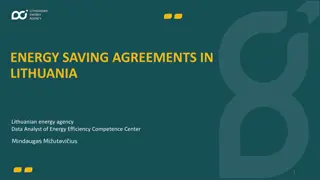Overview of Kiribati Energy Act 2022 and MEPSL Regulations
The Kiribati Energy Act 2022 establishes a legal framework for the energy sector, covering areas such as minimum energy performance standards and labelling (MEPSL). It includes provisions for energy planning, administration, electricity tariffs, renewable energy projects, and more. MEPSL regulations set standards for electrical products and appliances to ensure efficiency and consumer protection.
Download Presentation

Please find below an Image/Link to download the presentation.
The content on the website is provided AS IS for your information and personal use only. It may not be sold, licensed, or shared on other websites without obtaining consent from the author.If you encounter any issues during the download, it is possible that the publisher has removed the file from their server.
You are allowed to download the files provided on this website for personal or commercial use, subject to the condition that they are used lawfully. All files are the property of their respective owners.
The content on the website is provided AS IS for your information and personal use only. It may not be sold, licensed, or shared on other websites without obtaining consent from the author.
E N D
Presentation Transcript
Training on Minimum Energy Performance Standards and Labelling (MEPSL) 13 15 March 2023 Kiribati Overview on the Kiribati Energy Act and MEPSL regulation Mr. Sosefo Tofu Pacific Island Energy Professional PCREEE
Kiribati Energy Act 2022 Passed by Parliament in December 2022 and recently assented by H.E President in Feb 2023 An act to provide for the legal framework of the Energy Sector and support the regulation of Industry Participants in Kiribati and for other Connected Purposes
Overview of Energy Act 2022 Part 3: Establishment of Energy Planning Division and its Function Part 2: Administration of the Act Part 1: Preliminary Part 6: Electricity Tariffs and Prices for Services Part 4: Energy Steering Committee Part 5: Electricity Supply Areas Part 7: Renewable Energy and Energy Efficiency Projects and Generation Projects Part 9: Petroleum Industry Part 8: Minimum Energy Performance Standard Part 10: Energy Planning Division Oversight, inspection, performance, monitoring and Evaluation Part 11: Disputes and Consumer Protection Part 12: Disputes and Consumer Proteiction
MEPSL key components under the Energy Act 2022 1. EPLT Regulations The Division must develop EPLT regulations prescribing the system, rules and standards required or convenient to be prescribed for the carrying out of or giving effect to this part 2. Registration and register of brand and model of electrical products All brands and models of regulated electrical products (AC, Freezers and Lighting appliances] imported into Kiribati must be registered and comply with the required standards prescribed by the EPSL regulations
MEPSL Regulations 2018 It was drafted under the Consumer Protection Act 2001 Purpose: to establish the MEPS (approved standards) and Labelling for Electrical Appliances and Lighting. The regulation applies to all regulated products a) Imported or manufactured by supplies intending to distribute or sell the aforesaid products; and b) Imported by government agencies/businesses users intending to use the products in their own buildings and operations c) Import by any person for personal use.
Overview on the MEPSL regulation 2018 Part 2: Powers of Regulator and Authorized Officers Part 3: Importing and Retailing Regulated Products Part 1: Preliminary Part 6: Transitional provisions Part 4: Registration Part 5: Testing Part 7: Breaches of Regulation
MEPSL Regulations 2018 cont Regulated products are: a) Refrigerators and freezers effective from the date of commencement of the regulation b) Air conditioners- to commence 6 months after the date of commencement of the regulation c) Lambs to commence 12 months after the date of commencement of the regulations
MEPSL Regulations 2018 cont Regulator has the power to: a. appoint Authorised Officers; b. prescribe and distribute forms for the application and granting of product registrations; c. handle consumer complaints and execute any order issued by the court; d. enter into bilateral arrangement with other agencies of the government, other governments or other third parties regarding cooperation on administering the act or exchanging information regarding Regulated Products e. recover costs, related to any of the activities associated with this Regulation; f. enter premises where regulated products are stored, used, sold or offered for sale (with or without the permission of the owner), to inspect and investigate whether the regulated products comply with this regulation. g. inspect and examine Regulated Products in the possession of Customs and advise on whether they are compliant with this Regulation; h. inspect Regulated Products at any location, whether offered for sale or installed for use in the premises; i. take evidence in the form of photographs or physical samples; j. (j) collect or require evidence that a product qualifies for the Transitional provisions in Part V1
MEPSL Regulations 2018 cont Regulator has the power to: h) collect or require evidence that a specific brand and model of a regulated product meets the designated standards. The evidence must be submitted in the form specified by the Regulator, and a request can be made at any time prior to import, at the time of import, or later; i) require removal of any non-standard energy labels that may be present on products of a type listed in Schedule 1 or Schedule 2, if those products are displayed for sale. j) require registration as a pre-condition for import, offer for sale or sale of regulated products; k) maintain a register of specific models which meet the designated standards, in a form determined by the Regulator; l) issue, withhold or cancel registrations, (on reasonable grounds, which must be disclosed to the applicant or registrant); m) undertake public information activities related to the operation of the Regulation, including the publication of lists of registered products; n) issue notices to comply with the Regulation; o) confiscate any products that do not comply with the requirements for a Regulated Product. p) order the destruction or re-export of confiscated products; q) require Applicants and others to report the number of Regulated Products imported or sold in a given period; r) inspect and Examine Regulated Products at the point of entry. s) release Regulated Products if satisfied that they meet the Requirements of this Regulation; t) hold any regulated products that do not meet, or are reasonably suspected not to meet, the requirements of this Regulation
MEPSL Regulations 2018 cont Categories of Registration of Product a) Category A: The model you wish to register is already registered in Australia, New Zealand, Fiji or another PIC recognized under the PICs regulations. In this case, minimal info is required b) Category B: The model to be registered is technically equivalent to a model that is already registered in Australia or New Zealand or a PIC other than the one in which the application is being made. In this case, slightly more information is required by regulator that Category A. c) Category C: All other models. These products are not already registered in Australia or New Zealand or another PIC and as such the applicant is required to provide full technical details of the product in their registration application.
MEPSL Regulations 2018 cont Refusal and cancellation of Registration 1. The regulator may refuse or cancel registration of a product upon the following grounds a. Applicant has not provided the required information b. Product is no longer registered in any of the countries (Aust, NZ, Fiji and PICs that have already adopted MEPSL) c. The regulator is not satisfied that the product complies with the relevant standards. 2. Regulator shall inform the applicant of the reasons for refusal within 7 days of the refusal or cancellation 3. When informing the applicant, the regulator shall allow 10 working days for the applicant to provide any additional info. 4. If the applicant won t provides the additional information within the required period, the Regulator shall reconsider the refusal or cancellation. 5. If the applicant provides the additional information within the required period the Regulator shall hold the cancellation suspended until he/she has considered the information provided.
MEPSL Regulations 2018 cont Registration procedures (1) A person making an application for registration of a regulated product shall apply for registration of the products under any of the relevant categories before the products (2) A person making an application to import a product that is already listed on the register maintained by the Regulator, may apply to the Regulator before the items arrive in Kiribati (3) Applicants shall obtain the relevant registration and/or import form from the Regulator. The completed form may be submitted in hard copy or in an electronic format specified by the Regulator. (4) Every Applicant shall provide all the information required in the application form in full detail and truthfully.
MEPSL Regulations 2018 cont Breaches of Regulation Offences (1) Any person who fails to comply with the provisions of this Regulation commits an offence. (2) A person commits an offence under this regulation when he: a) fails to register a product; b) fails to comply with all the registration requirements; c) knowingly provides false information, to the Regulator or any Authorized Officer when performing his/her duties under this Regulation; d) fails to display a correct energy label in accordance with Schedule 1 (if the person is a retailer); e) fails to refuses or provide information as requested by the Regulator or any Authorised Officer; or f) undertakes any conduct which contravenes any provision of this Regulation.
Fees Penalties Application for registration: Payable by person intending to sell (retail or wholesale) or use in own business (not to sell) Payable by person intending to use at home Offence Payable by business or government agency Payable by individual person Importing a product without a valid registration certificate (first offence) if product found to be compliant AUD $15 per unit imported No penalty (but offence recorded) Importing a product without a valid registration certificate (repeat offence) if product found to be compliant AUD $40 per unit imported AUD $20 per unit imported Refrigerator or freezer, using Form A AUD $60 per model registered AUD $15 per model registered Importing a product without a valid registration certificate (first offence) if product found to be NON compliant AUD $30 per unit imported No penalty (but offence recorded) Refrigerator or freezer, using Form BC Air conditioner, using Form A AUD $70 per model registered AUD $20 per model registered AUD $60 per model registered AUD $15 per model registered Importing a product without a valid registration certificate (repeat offence) if product found to be NON compliant AUD $50 per unit imported AUD $30 per unit imported Air conditioner, using Form BC AUD $70 per model registered AUD $20 per model registered Offering a new product for sale without a required energy label (first offence) AUD $15 per unlabelled product No penalty (but offence recorded) Lighting product, using Form A AUD $50 per model registered AUD $5 per model registered Offering a new product for sale without a required energy label (repeat offence) AUD $15 per unlabelled product AUD $5 per unlabelled product Failing to comply with lawful instruction from Regulator or authorised officer AUD $15 per offence AUD $5 per offence Lighting product, using Form BC AUD $60 per model registered AUD $10 per model registered
Recommendations and way forward Need to amend the draft regulation and ensure its align with the recent Kiribati Energy Act 2022 [Last deliverable of PCREEE technical assistance to Kiribati under NDC hub to be submitted by June 2023] E.g. require an update to the standards in the draft regulation [from George Wilkenfield]
